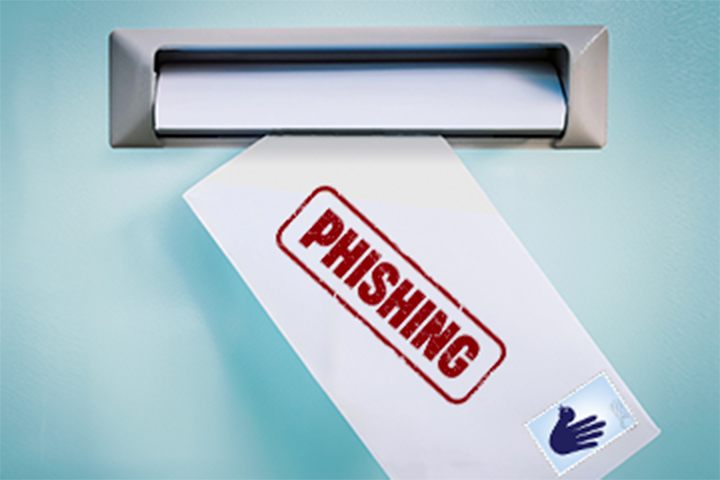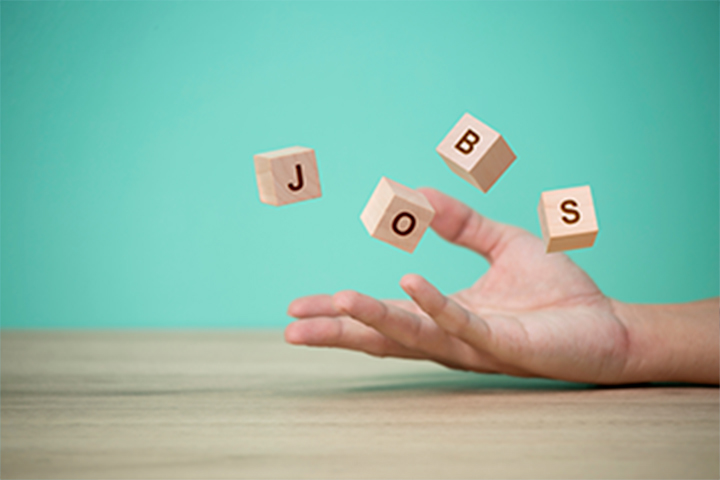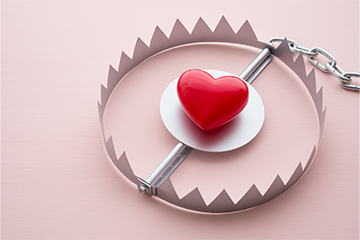Shopping online: 7 tips and points to consider

Keytrade Bank
keytradebank.be
February 02, 2024
4 minutes to read
1. Know who you are buying from
If you make your online purchases from providers in the European Union, you will benefit from a standard 2-year warranty and you will be entitled to return the product within 14 days. While those cool sneakers may be half the price on a Chinese or American web store, you may not receive the same level of customer protection if something goes wrong.
The EU also has legal product safety regulations. Toys and electrical appliances must have a CE mark. Although this mark does not provide a watertight safety guarantee, it is better than nothing. These safety rules do not apply to manufacturers outside the EU.
To find out if a web shop is located in the EU, check the company address, company number and contact details on the website.
2. Bear in mind customs charges and duties when buying goods from outside the EU
Prices in web stores outside the EU may occasionally seem very attractive, but these purchases may end up costing you a lot more. The following costs will be added:
- Up to 22 euros: no extra costs
- 22 - 150 euros: 21% VAT + customs clearance charges
- More than 150 euros: 21% VAT + customs clearance charges + import duties
Bear in mind that you will probably pay the VAT twice if the price of your purchase exceeds 22 euros. The VAT in the country of origin will normally already be included in the purchase price, and you will also be charged VAT on the product in Belgium.
Customs clearance charges are the costs incurred by the postal or courier company to clear your order with customs (i.e. sorting out the paperwork).
Import duties are taxes you have to pay when importing goods. These depend on the type of product. For example, the import duties of up to 4.7% of the purchase price are charged for toys, up to 4.5% for car parts and up to 6.5% for personal care products. Some products – such as for perfumes, smartphones and laptops – are not subject to any import duties.
If you want to be certain how much your order will cost in total, use one of the various import duty and tax calculators online.
3.Buy from trusted sites only
If you are not buying from one of your trusted web shops, perform these checks first:
- The web address starts with https:// rather than http://. This s stands for secure. However, this does not offer a 100% guarantee that the online store is reliable.
- The website has a label from an accredited organisation such as BeCommerce. Please note that this is also not a guarantee. Anyone can start their own quality label or copy and paste the existing logos.
- Take a look at the customer reviews on sites such as Trustpilot or Google Reviews.
- Check whether you can submit a complaint and whether the web store is affiliated with an arbitration committee.
- Sometimes elements from an existing web store are copied to build a fake web store. If you are making a substantial purchase, you can call the web store to ask a question. This way, you can be sure that the web shop is not fictitious (even if this is still not an absolute guarantee).
4. You can't buy everything online
There is a whole list of things you are not allowed to buy online (even if they are offered online). You already knew about explosives, animals protected by law and drugs, but many medicines, plants and art objects are also banned from being sold online. You may also get into trouble if you buy counterfeit goods online (even if you didn't do so knowingly). If you aren't sure, take a look at this overview provided by the Belgian Federal Public Service for Finance.
5. Some purchases are better made offline
Nowadays, you can buy a new car, a designer bag or a watch worth 20,000 euros online. However, it is better to test, view and/or buy some items in a physical store. A few examples include child seats, mattresses, musical instruments, bicycles, wedding dresses and pets.
6. Smart online shopping starts with your own computer or smartphone
- Many web stores ask you to create an account and choose a password. Choose and use two-factor authentication where possible.
- Update the operating system and applications on your smartphone and computer regularly.
- Do not shop online if your Wi-Fi connection is not secure.
- Use anti-virus software.
7. Check your delivery straight away
The seller is responsible for ensuring your parcel is delivered without any damage. In principle, this liability ceases once you have received the parcel. It is therefore a good idea to check the parcel immediately, especially if it has expensive or fragile items inside. Do this even if you need to ask the courier to wait a minute. Any damage you find later will be more difficult to prove. Some web stores are more accommodating than others.
If you ordered a monitor and you received a frying pan, the online store is responsible for all the return expenses. This is also the case if you received a monitor that does not fully match the online description. And even if the order is correct, you can still change your mind. If your purchase was made with an EU supplier, you always have the right to return items within 14 days. You do not need to provide a reason for returning it. In that case, the web store may charge a return fee. Please note that the return rules may differ if you are making purchases on behalf of an organisation and not as a private individual.
What if the web store (based in the EU) says the parcel was sent, but you have not received it? In that case, the web shop will have to prove the parcel has been delivered. If this proof is not available, you can request a refund or a new shipment.
Find out more about smart online shopping
This website in Dutch and French explains all the steps of an online purchase and your rights and obligations for each of these steps.


